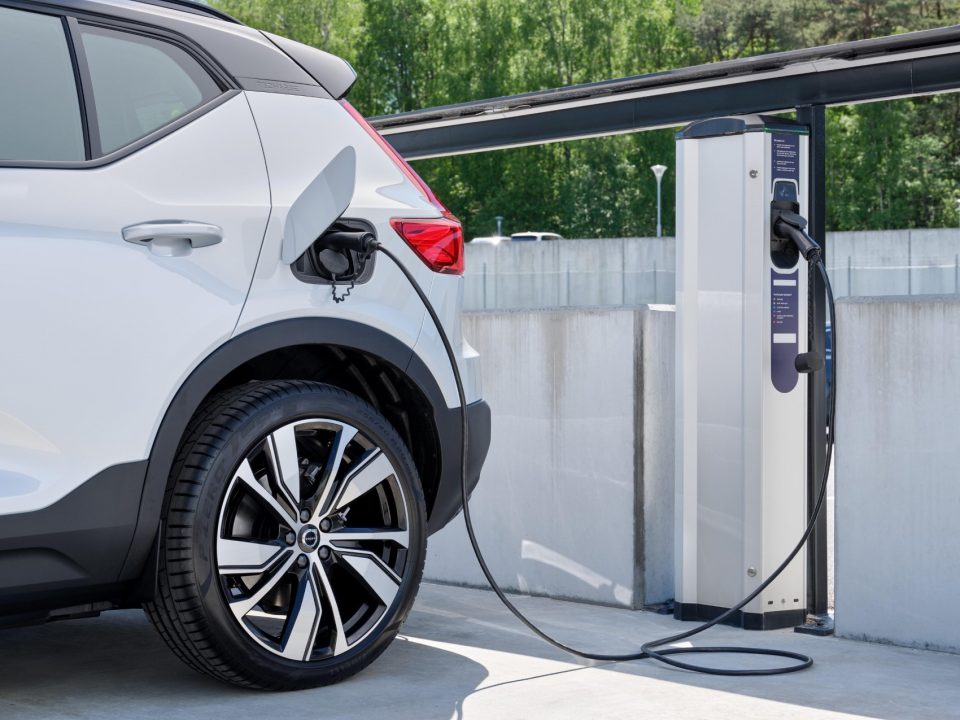
The cabinet on Thursday approved a bill which, among others, would grant the transport minister far-reaching powers, including designating roads or areas barred to vehicles running on conventional fuels, part of a stated drive to cut down on greenhouse gas emissions.
Drafted by the transport ministry, the bill is titled ‘Designating special measures to reduce atmospheric pollutants and greenhouse gas deriving from road transit.”
According to a statement, road transport in Cyprus “is responsible for about 50 per cent of greenhouse gas emissions (mostly CO2) in relation to activities not included in the ETS (Emissions Trading System).
“This translates to approximately two million tonnes a year.”
The statement added that the measures to be taken “will help achieve the goals of the ‘National Governance System for the Climate and Energy’ as well as the ‘National Action Plan for the Improvement of Quality of Air in Cyprus’.
“This relates to atmospheric gas emissions, in the framework of the obligations arising from the ‘European Green Deal’ and the package of legislation known as ‘Fit for 55’.”
The bill is a “reform” undertaken to be implemented by the transport ministry, within the framework of the national Recovery and Resilience plan (also known as ‘Cyprus Tomorrow’). To this end, the statement read, two subsidy schemes have already been approved – a scheme subsidising the purchase of electric cars, and another for the withdrawal from circulation of polluting vehicles.
“With these incentives, the granting of positive incentives for reducing [greenhouse gas] emissions from road transport is already underway.”
Once the law is enacted, the transport minister, following consultation with a local authority (municipality) will be able to specify measures, such as: designate areas/roads of low or zero emissions; prohibiting, in certain areas or on roads, or on certain days and times, the circulation of polluting vehicles; and designate a date beyond which the registration of polluting vehicles, for example cars running on diesel, will not be permitted.
Other powers granted to the transport minister will include designating bus lanes, or designating transport-related activities to be carried out exclusively with electric vehicles – for instance item deliveries.
The minister will also set out requirements, via advertisements or other promotional means, relating to vehicles using conventional fuel, as well as “the dissemination of messages promoting alternative means of transit such as walking, cycling and the use of public transit.”
In addition, under the same law, regulation will be issued specifying the violations recorded by traffic cameras and the procedure for out-of-court fines.
Residents of Nicosia have already got a taste of such policies, with the section of Makarios Avenue – from the Landmark Nicosia (formerly the Hilton hotel) to the traffic lights at the Lycavitos police station – open only to one-way traffic.
Last October the lower section of the avenue opened as a ‘shared space’ for pedestrians and authorised vehicles such as buses, taxis and delivery vehicles, in what the municipality hopes will lead to more environmentally friendly use of the road.
The plan is to create emissions-free areas in the capital.
During a discussion in parliament in November, affected shopkeepers complained about the decline in business, urging authorities to rethink the system.
Bureaucrats from the transport ministry responded that the one-way system implemented on that section of the avenue was a commitment made to the European Union, which financed the ‘sustainable mobility’ project. Additionally, every three months Cypriot authorities must report to the EU carbon dioxide measurements taken in the area.
Source: Cabinet approves bill opening way for zero-emissions zones | Cyprus Mail